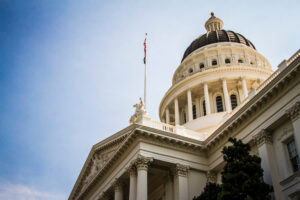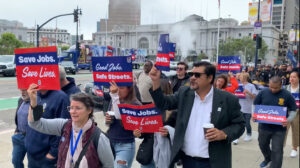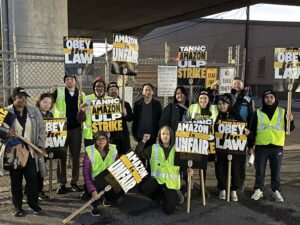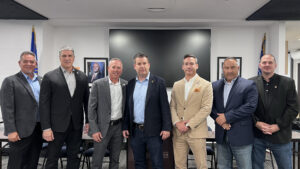Trump NLRB destroys historic protections for workers engaged in union activities
September 22, 2020It can be discouraging to keep track of the Trump NLRB’s rollback of worker rights, but it’s important for unions and their members to stay abreast of the shifting legal landscape. One recent setback alters the decades-old rules for employees voicing support for organizing, for shop steward conduct in the workplace, and for union member conduct on picket lines.
In recognition of the fact that employee discussions with their fellow workers and with management about union-related issues can become heated, the NLRB historically has applied special standards to evaluate employer discipline of employees who have used intemperate or offensive remarks while engaged in protected union activity. The Board has assumed that such discipline is unlawful unless the employer can prove that, under the circumstances, the employee’s conduct was so bad as to lose the protection of federal labor law.
For example, when analyzing whether a shop steward’s cursing directed at a manager during the processing of a grievance justified discipline, the Board has evaluated four factors: the place of discussion, the subject matter of the discussion, the nature of the employee’s outburst, and whether the outburst was in any way provoked by an employer unfair labor practice. And for picketing employees disciplined for inappropriate remarks to scabs, the Board has ruled the discipline unlawful unless the employer can prove that the scabs would have felt threatened with violence by the remarks.
The Trump Board in General Motors, 369 NLRB No. 127 (7/21/20) threw all this law out the window.
Under the new GM standard, employees’ intemperate speech will be completely severed from the union activity in which it occurred and the employee will be subject to discipline if the employer can simply prove that the offensive speech by itself warranted the discipline. This is the same standard the Board applies to employees who engage in misconduct wholly unrelated to their union activities.
It’s a bad decision, one that ignores history and the realities of the workplace, and fully reflects the Trump Board’s agenda – rollback employee protections wherever and whenever possible.





